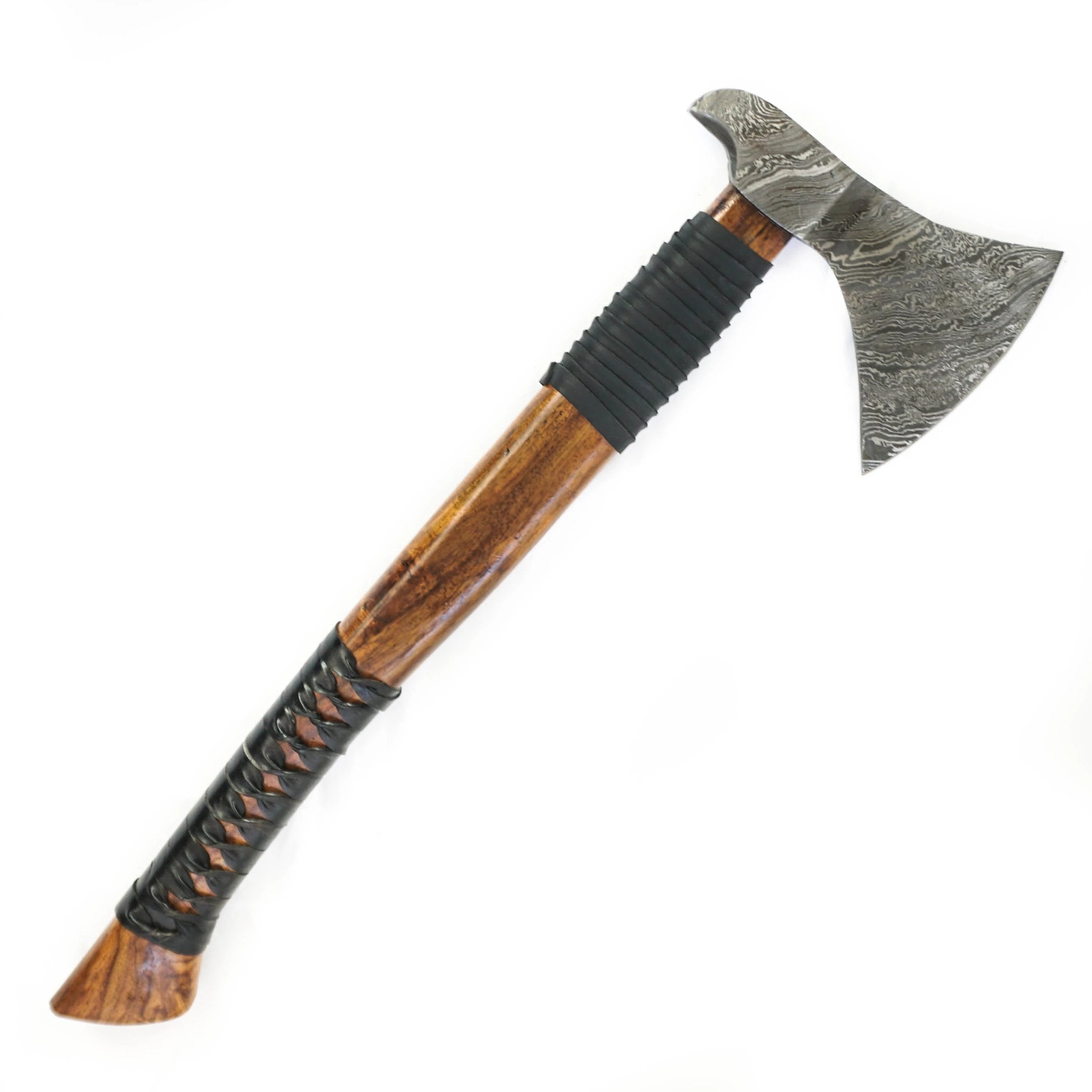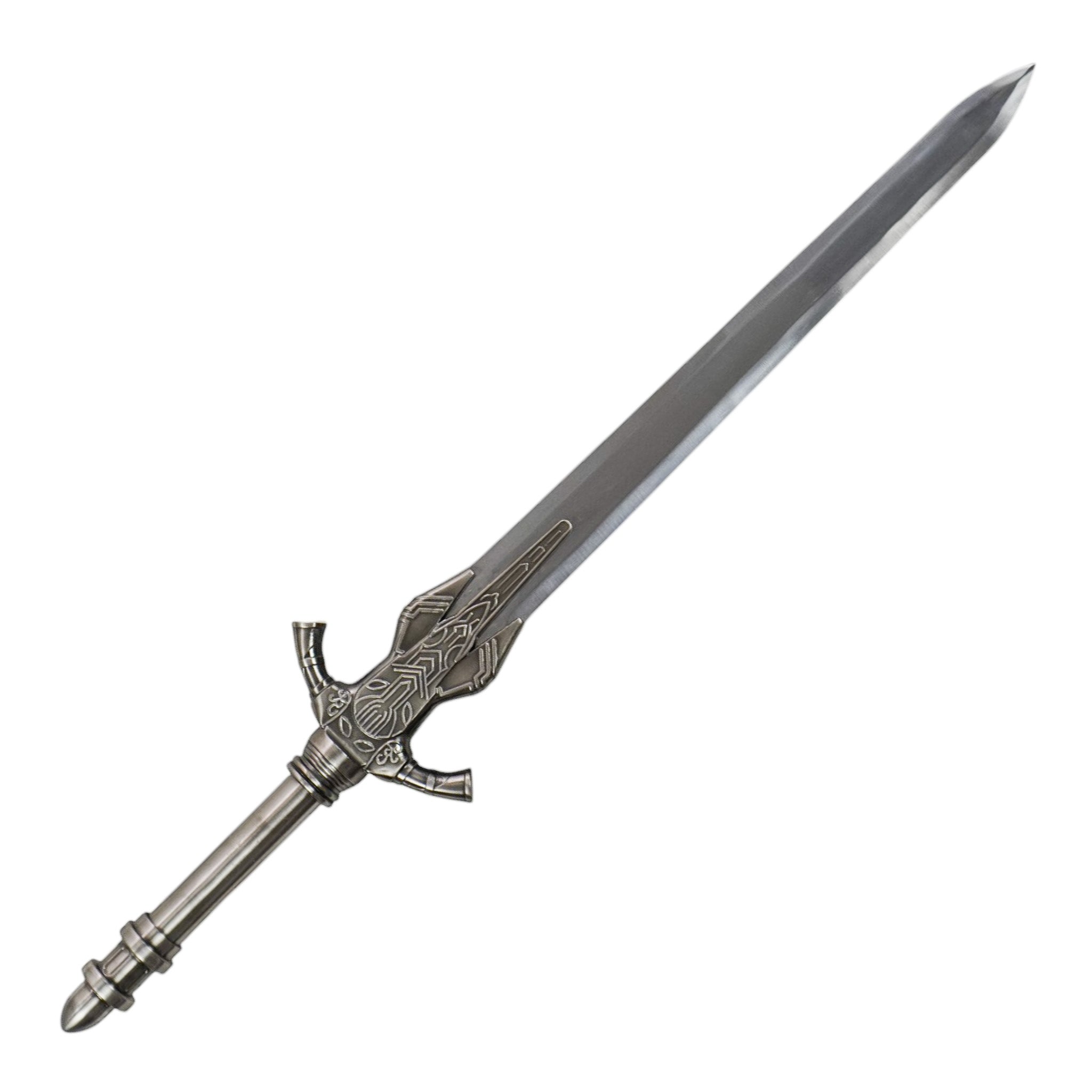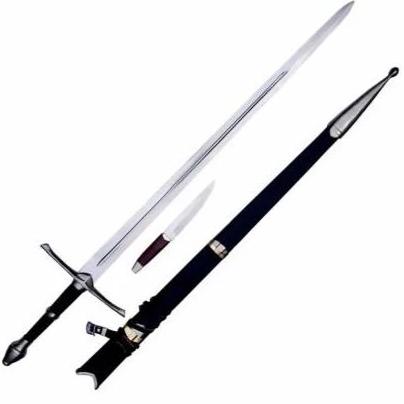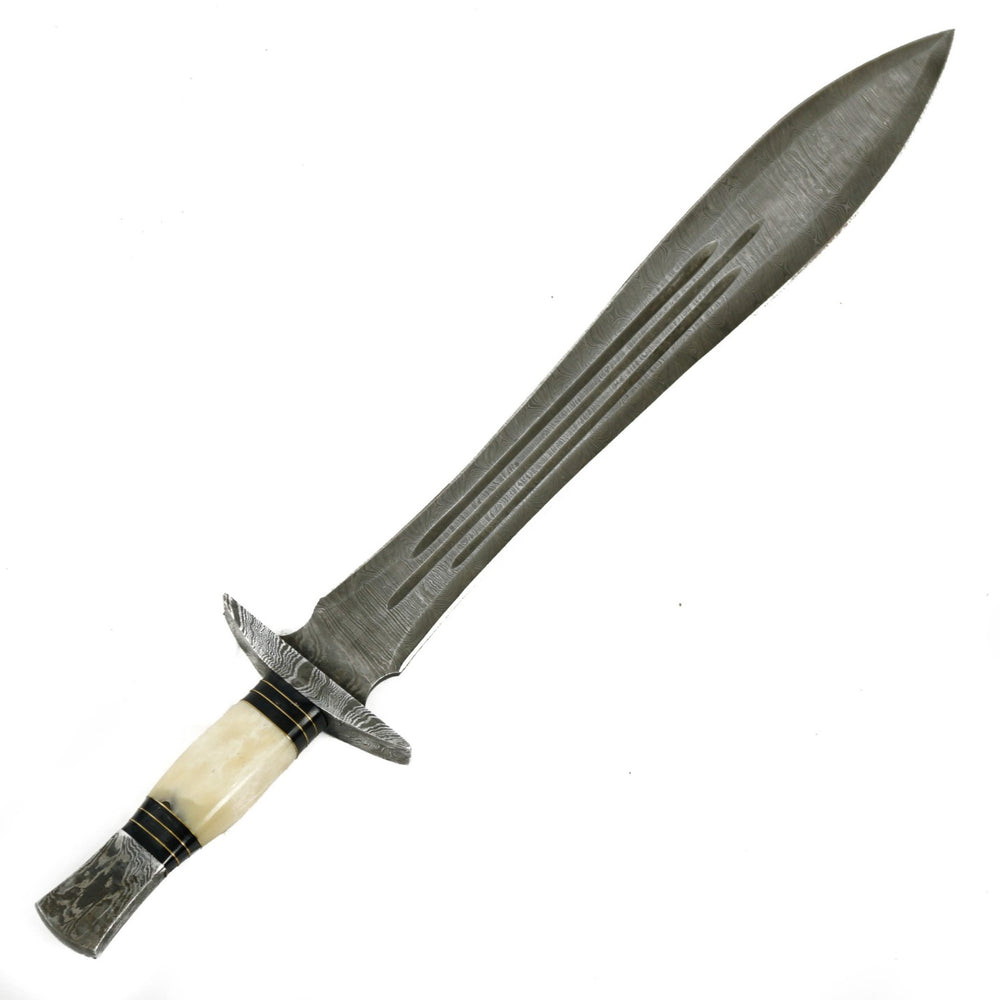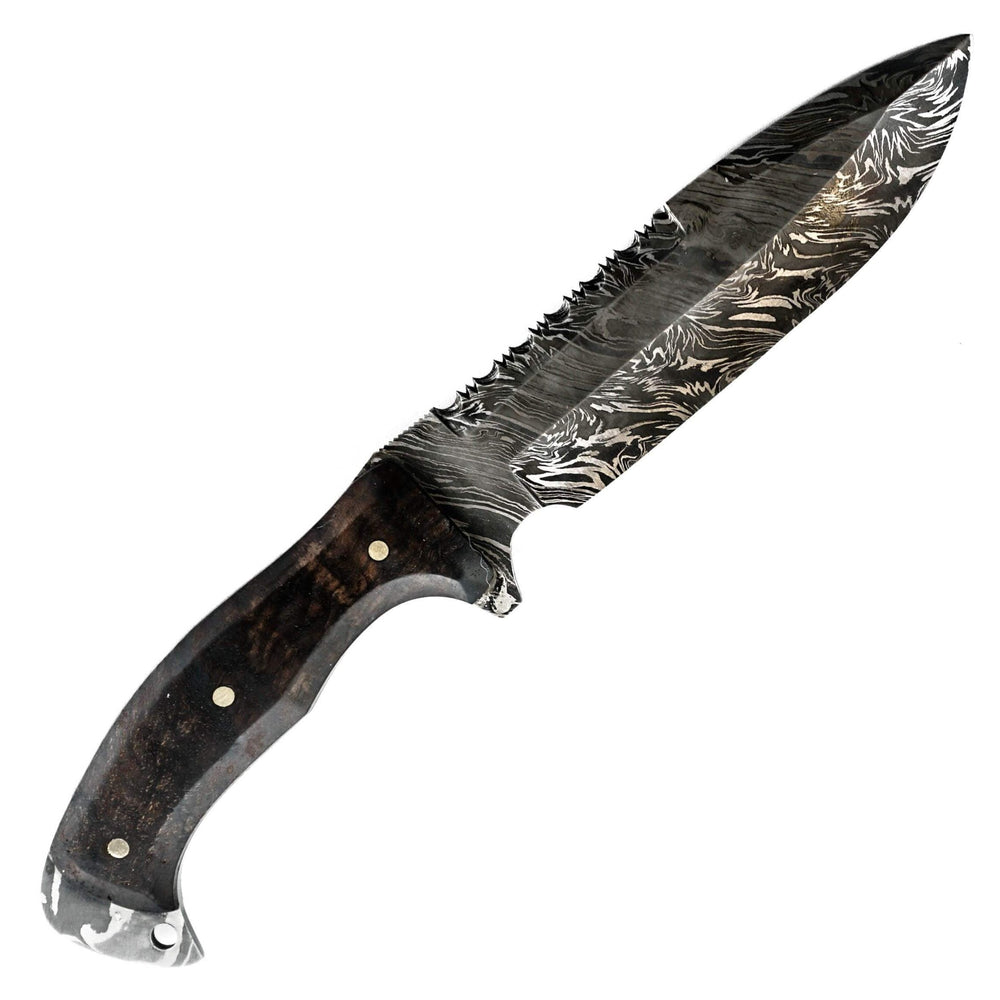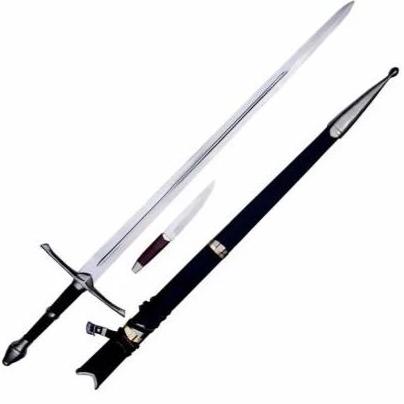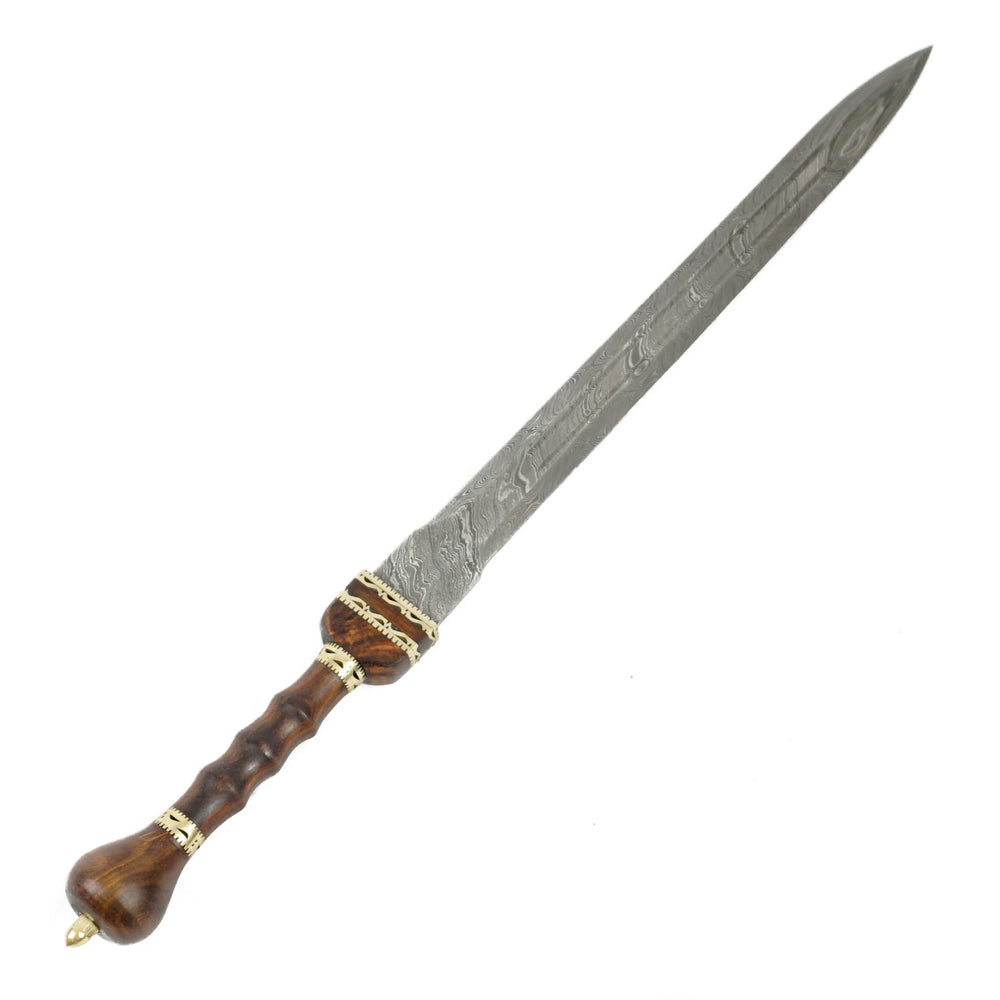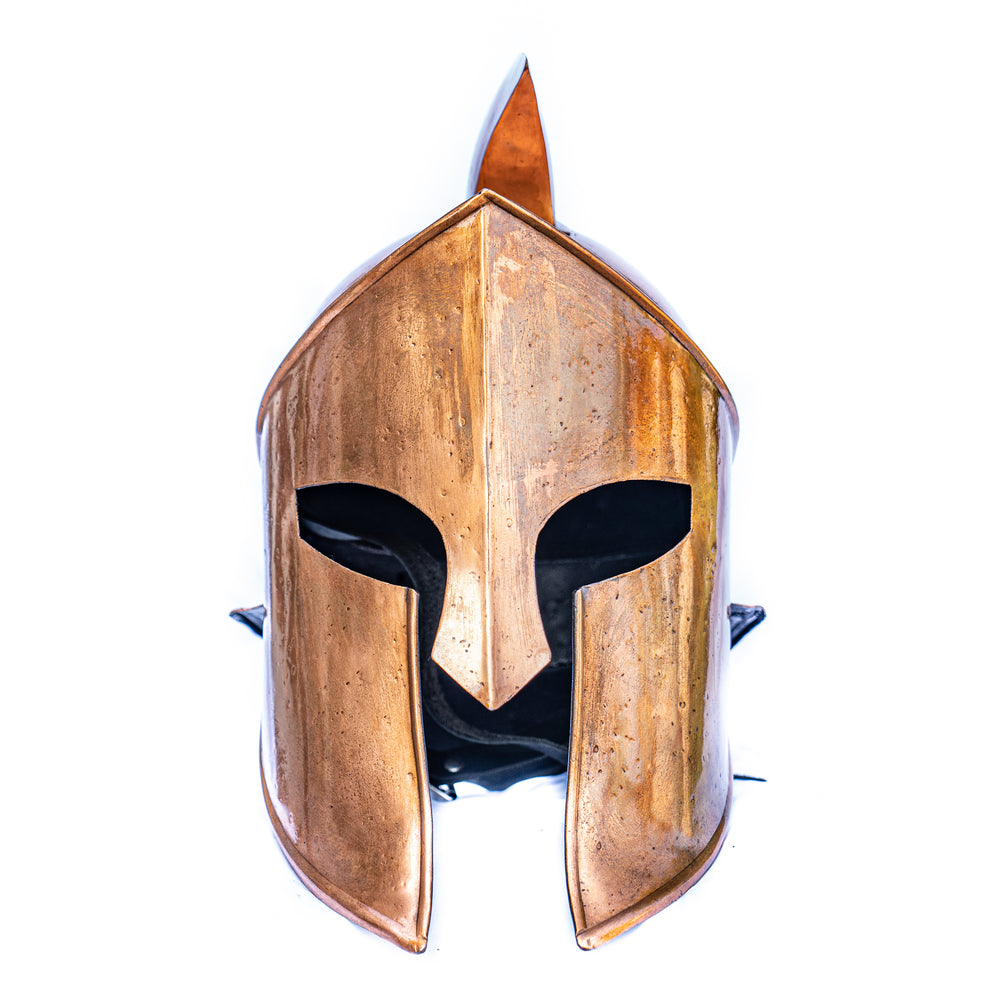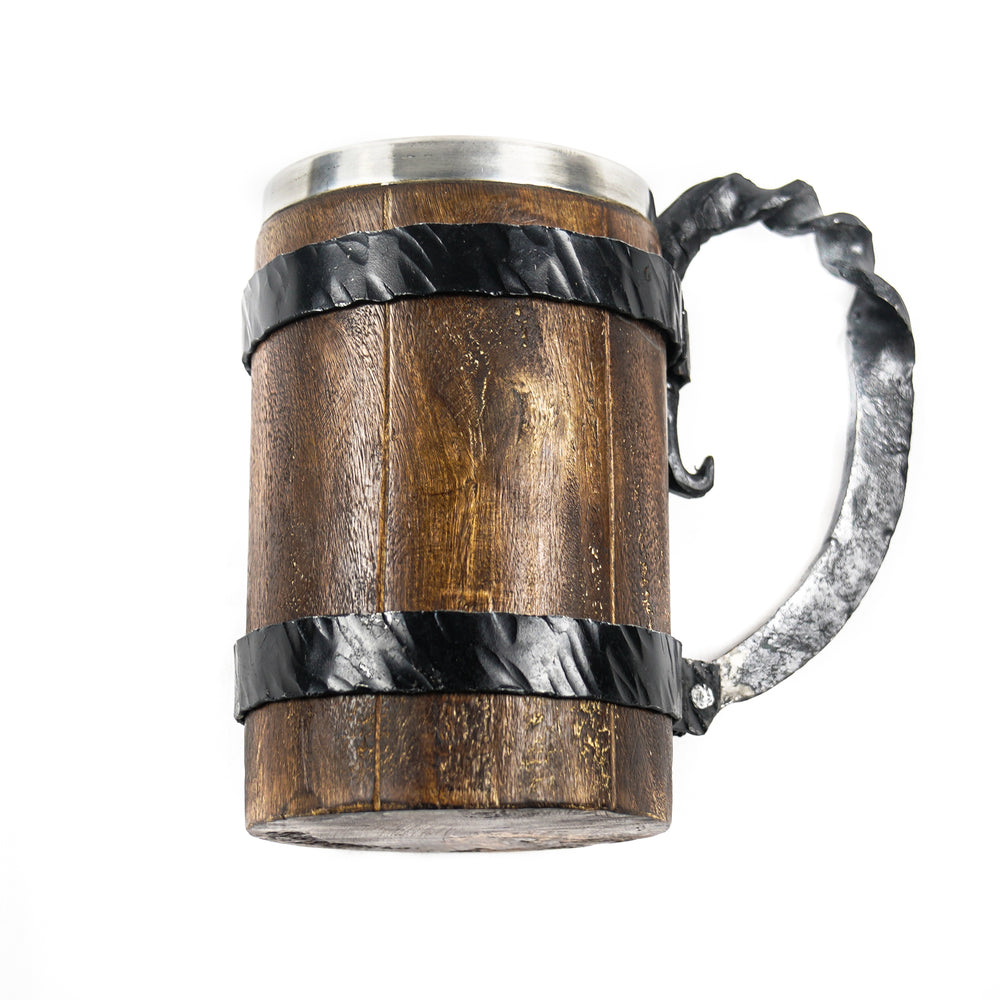How to Take Care of Hand Made Damascus Knives Properly
If you are planning to own handmade Damascus knives, understand that you are signing up for a beauty to behold. Damascus knives are characterized with the watery patterns that are imbibed with controlled manipulation of both steel and iron. Damascus blades were first introduced in the 4th century in Syria; which was the historical trading center of Damascus. It is believed that its technical and physical origins are basically from the Middle East and India.
If you look at its quality blades, it has intricate etchings on it that require special care.
Here are some techniques in which you can take care of handmade Damascus knives to keep its beauty intact for decades:
- Keep lubricating Damascus blades.
The unique patterns in Damascus blades are truly revealed with acid wash while undergoing the process of manufacturing. With different levels of oxidation, the dark and light patterns get revealed, imprinted on the blades. These are made up of high content of carbon steel with low amount of chromium in it. Carbon steel can rust off if not taken care of properly. Make sure that the blades stay dry and clean to prevent discoloration or rusting.
Prefer to lubricate it with wax after drying properly as it prevents moisture not to affect the blade. Renaissance Wax is highly recommended as it helps to keep the handmade Damascus knives rust-free, while maintaining its etched beauty.
The blades made up of stainless steel carries 11% of chromium content. The stainless Damascus blade can resist rusting easily, but it is recommended to apply to keep its quality maintained.
- Avoid usage of abrasives.
When we talk about abrasives, we meant metal polishes, rough cloth, and even steel wool. With the usage of abrasives, it may result in etched oxidation, which results in affecting patterns. Once the imprints get altered, it has lost all its beauty, and you must send it for getting re-etching services.
- Stay careful of how and when to use your hand made Damascus knives
If used on acidic foods such as fruits, or in humid temperatures, the carbon steel Damascus blade can get damaged easily, especially affecting the etchings of the blade.
Always wash and dry it after usage and take care that you don’t rub its blades roughly. Prefer to use a cotton cloth or microfiber to dry it properly as its softness will not wear off the quality.
- Keep it rust-free while storing.
When not in usage, make sure that the Damascus knife is stored in a dry environment, where it cannot get affected by extreme temperature changes.
The handmade Damascus knives carry historical reputation of it being used for making the best swords for over centuries, owing to its wavy design. It needs proper care that will help it last longer with the unique maintained look.

